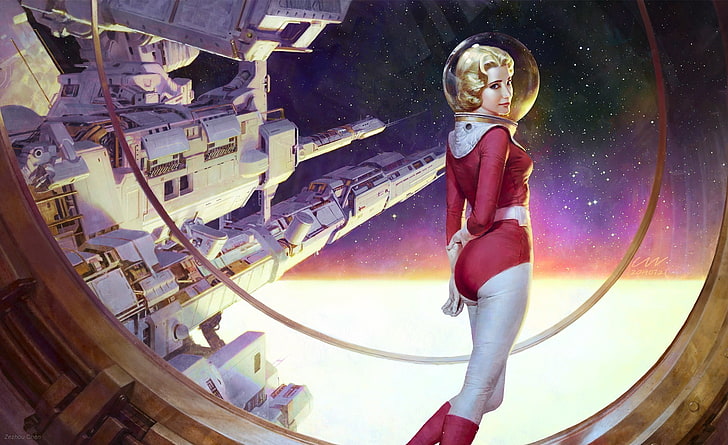A glimpse at Rachel Boynton’s latest documentary, Civil War (or, Who Do We Think We Are), a provocative film that delves into the divide between Americans’ views of the Civil War…

by: Jennifer Parker
Human beings tell themselves stories. Stories to help us get through the day and sleep at night. Stories to help us understand. Stories to explain the unexplainable. The story of post Civil War Reconstruction is one of the most poorly told stories in American history. Fortunately, a filmmaker has set her sights on setting the record straight. In her latest documentary, Civil War (or, Who Do We Think We Are), award-winning producer and director Rachel Boynton (Our Brand is Crisis, Big Men) dives into America’s complicated relationship with the period following the Civil War. At the heart of the documentary lies the themes of Reconstruction and revision. Both in the literal sense of the Reconstructionist period following the Civil War, and also how misunderstood this crucial interval in American history is in the context of our country’s collective consciousness. Reaching back into my own memory of what I learned about the Civil War, I’m struck by a few lines from Abraham Lincoln’s renowned Gettysburg Address that I have never been able to shake: “Conceived in liberty, and dedicated to the proposition that all men are created equal.” I’d like to think that if Lincoln was born one hundred years later, he may have chose his words a bit more wiser, but what I am sure his point was that eighty-seven years prior, the founding fathers had “brought forth on this continent, a new nation,” one where all citizens of it would no longer beholden to a monarch.
Civil War (or, Who Do We Think We Are) journeys across the United States, exploring how Americans tell the story of their Civil War. Without passing judgment, it becomes clear that there are two dominant perspectives of the American Civil War. The first is that those in who reside north of the Mason-Dixon line believe the conflict was entirely about abolishing slavery. Conversely, those in the South believe residents of southern states wanted to make their own rules and succeed from the Union. They wanted to preserve a way of life. Neither, it seems, was motivated by altruism.
Filmed amid the last year of Obama’s presidency and working its way toward the present, Civil War is rife with poignant interviews filmed in the North and South, crafting a vignette of the American unconscious ideals and the beliefs ingrained in the present animus. The captivating documentary mirrors a nation stranded between denial and confusion, rendered impotent by a fraught past.
The extremely talented Boynton makes one one thing abundantly clear about her film: “It isn’t Rachel Boynton’s Journey Across America. It’s episodic. It’s our history, it’s our American Story. It’s our responsibility to lean into our own history.” Watching her film, the greater ethos is more as Americans, focussing on the need to explore our past to understand our present. But we would be lost without a guide, someone willing to take the time to invite us into white classrooms, black classrooms, universities, middle schools, and historical societies, and Boynton serves as the ideal escort on this important campaign.
Difficult questions are raised throughout Civil War, like why are plantations still romanticized? Each day, multitudes of people tour plantations in the American South much like people tour Auschwitz, yet websites for Concentration Camps aren’t destination wedding venues. Why is it socially acceptable to get married on a former plantation? Why is it “romantic” to reenact battles from the Civil War?
About the documentary Boynton states, “ Reclaiming our narrative — we’re all responsible for it and responsible for including all of us in it. The same lessons in this film apply to a lot of things. Black narratives have been denied.” The documentary, a 100 minute exploration, tells the complicated story of Reconstruction in pieces rather than a straight line works. Admirably, Boynton doesn’t hide behind the “fourth wall” as she allows herself to be seen for who she is, a white woman who is directing and writing a film about a difficult period in American history that desperately needs examination. Boynton’s “more interested in the insidious ways people who are white don’t get to think about race the same way men don’t have to think about gender.”
In Civil War, Boynton begins each interview asking her subjects if they have questions for her and questions poised by children largely help guide the narrative. This upends history as taught in America because the narratives that are important enough to make it into history books are told from the POV from the people in power. The director observes, “When you’re a kid, the path is there. When you’re in your 20s, there is no path. The tone is to invite conversation. It isn’t taking people to task. It is designed to invite empathy. It invites people to talk to each other. It allows people to talk without commentary on what they are saying and by doing that it creates a space for discussion.”
Watch the trailer for Civil War here!
Follow Civil War on Twitter for updates!





